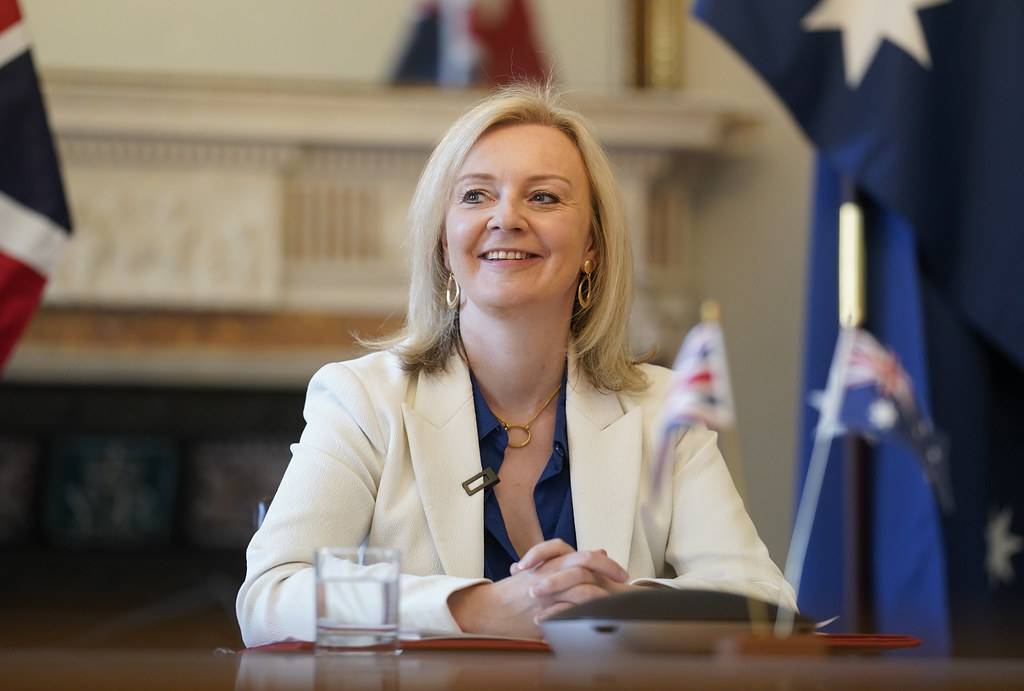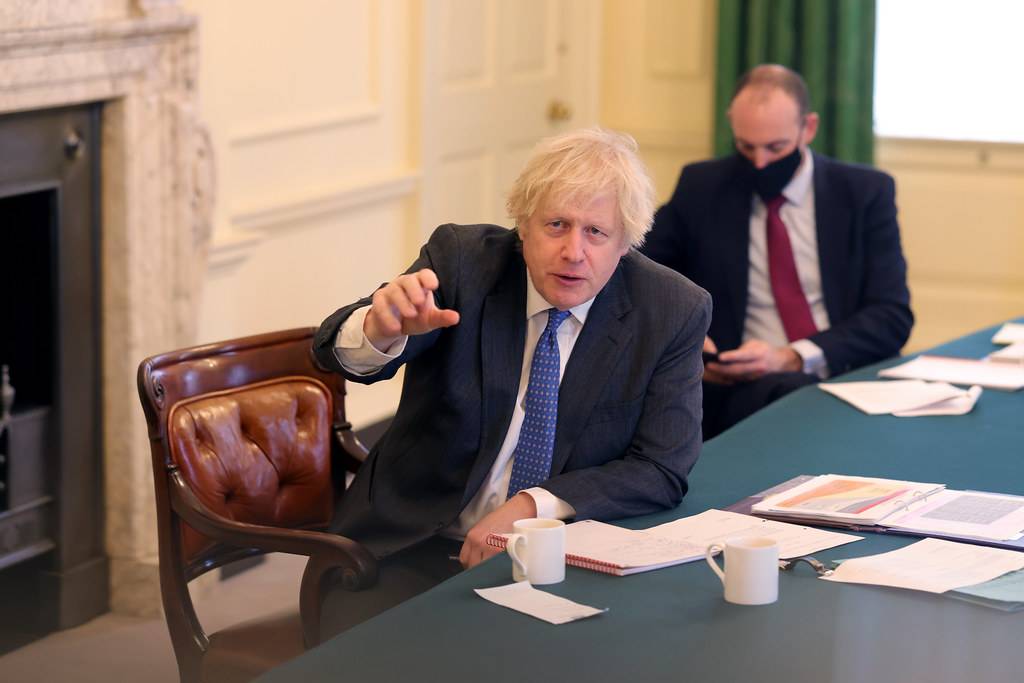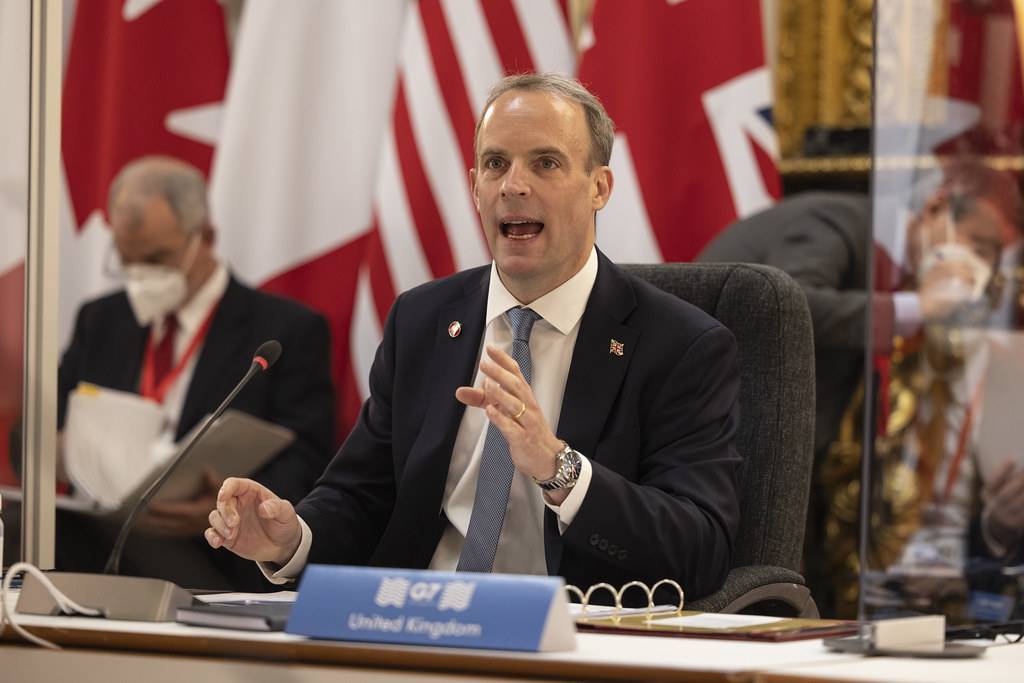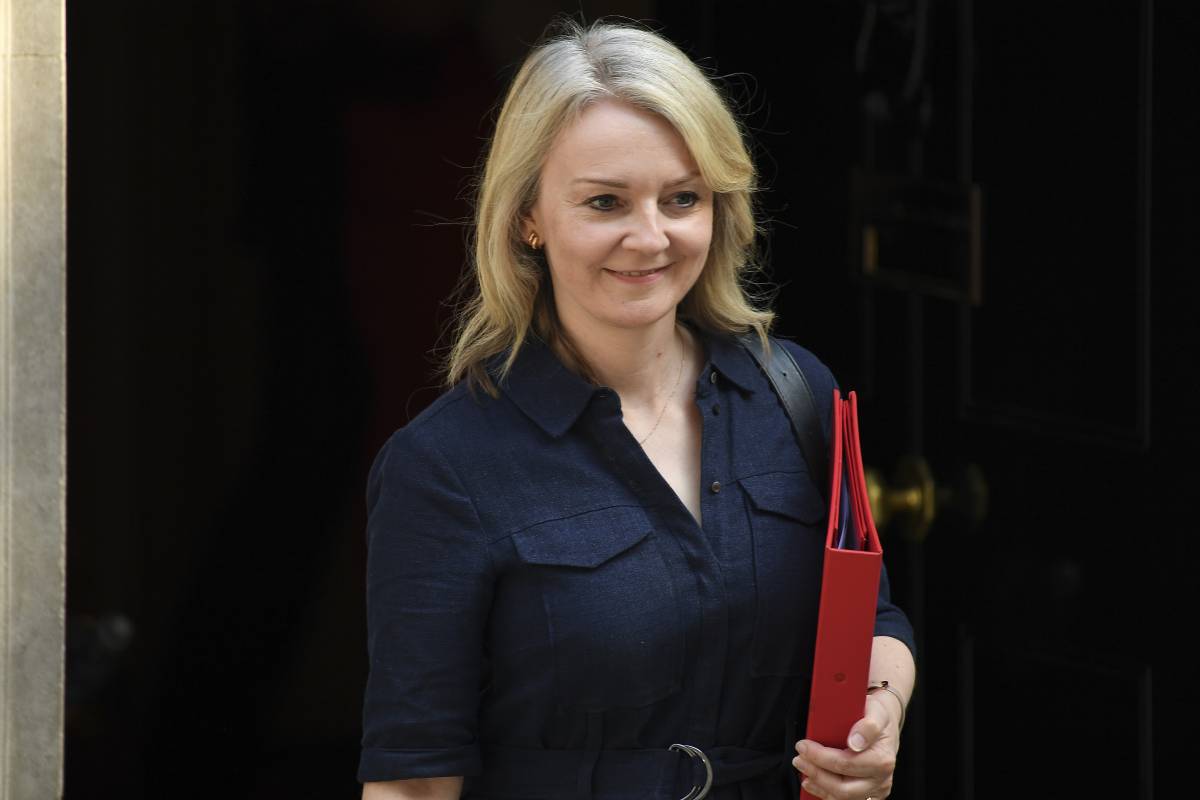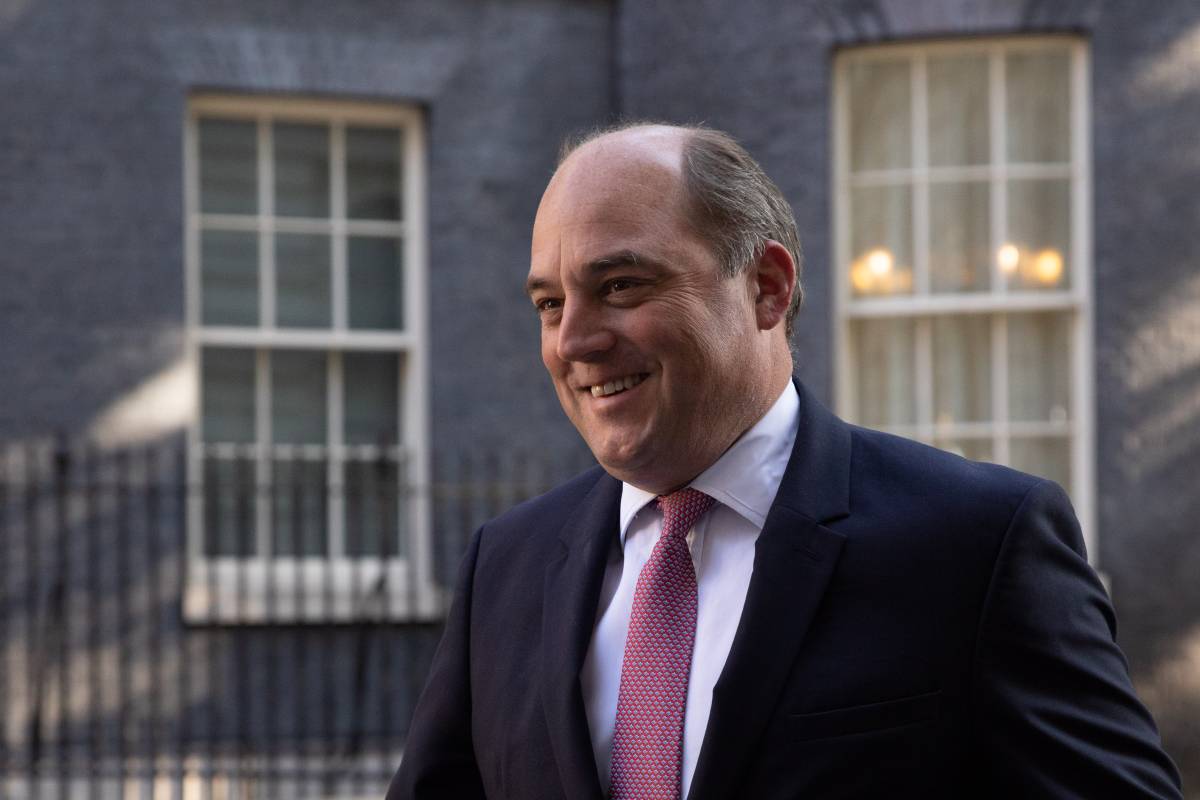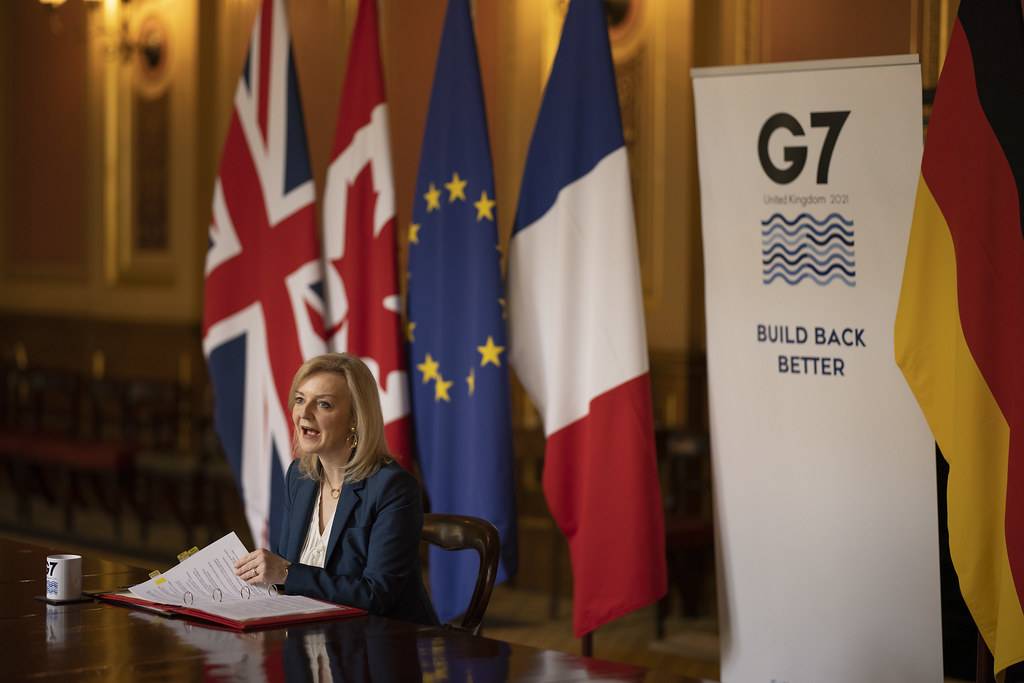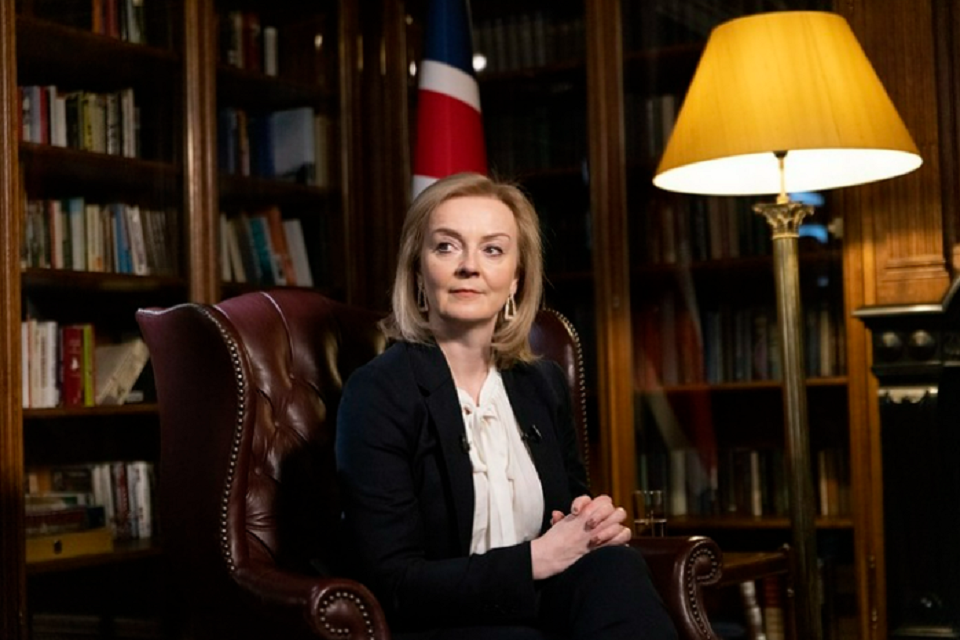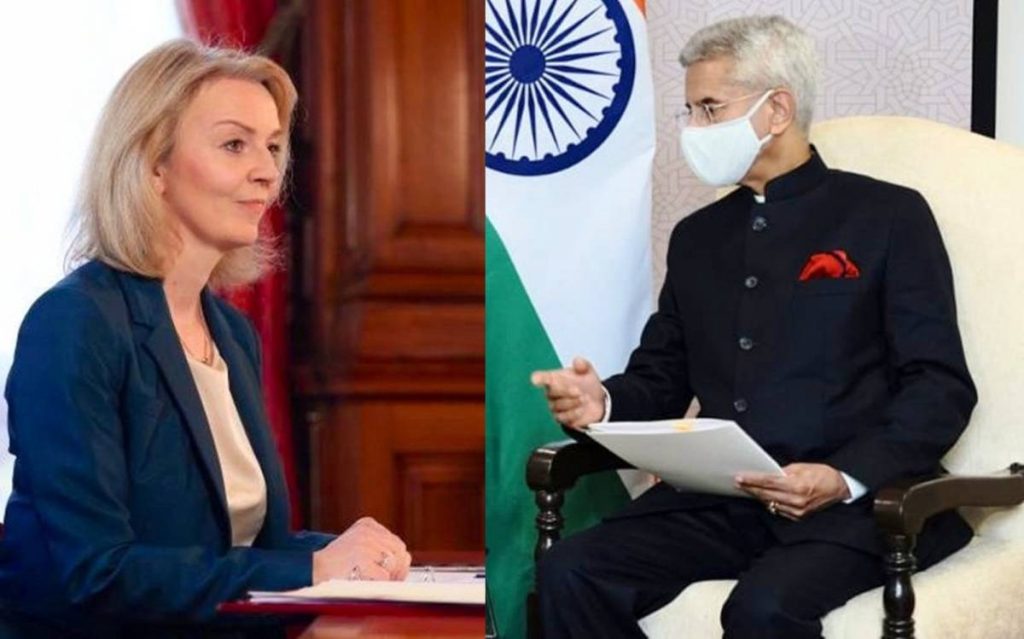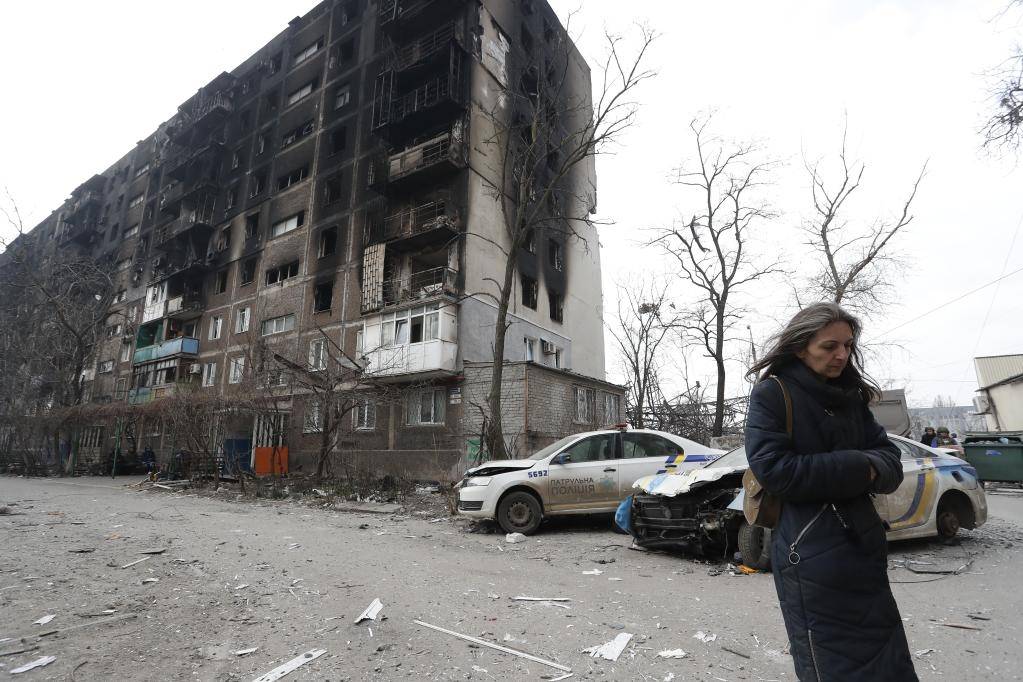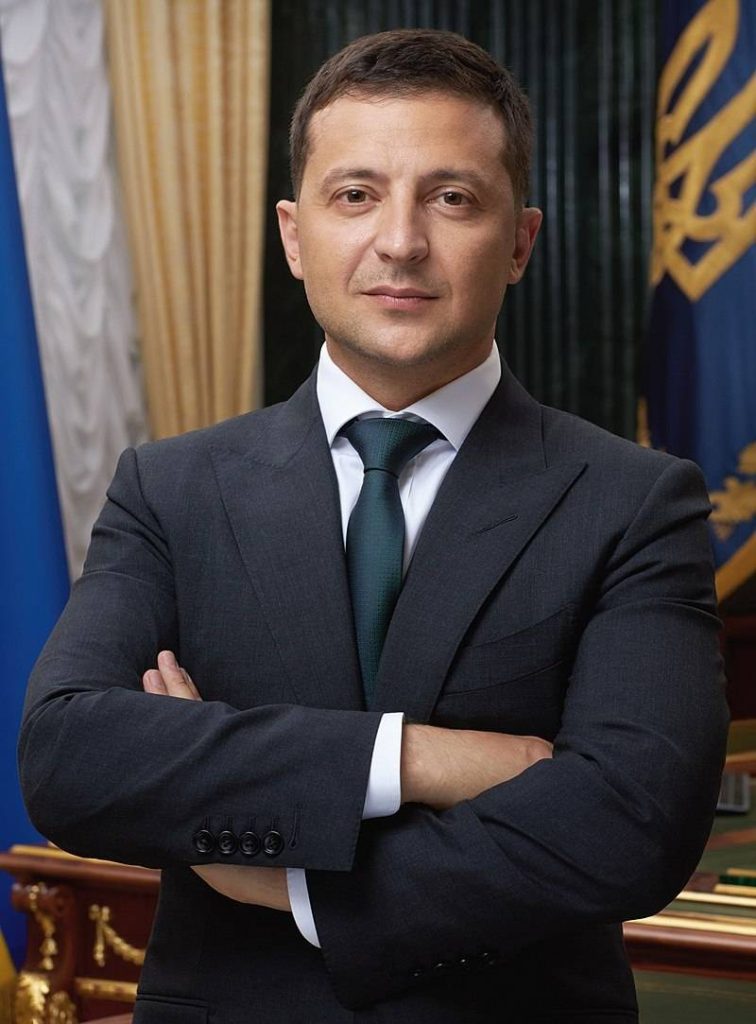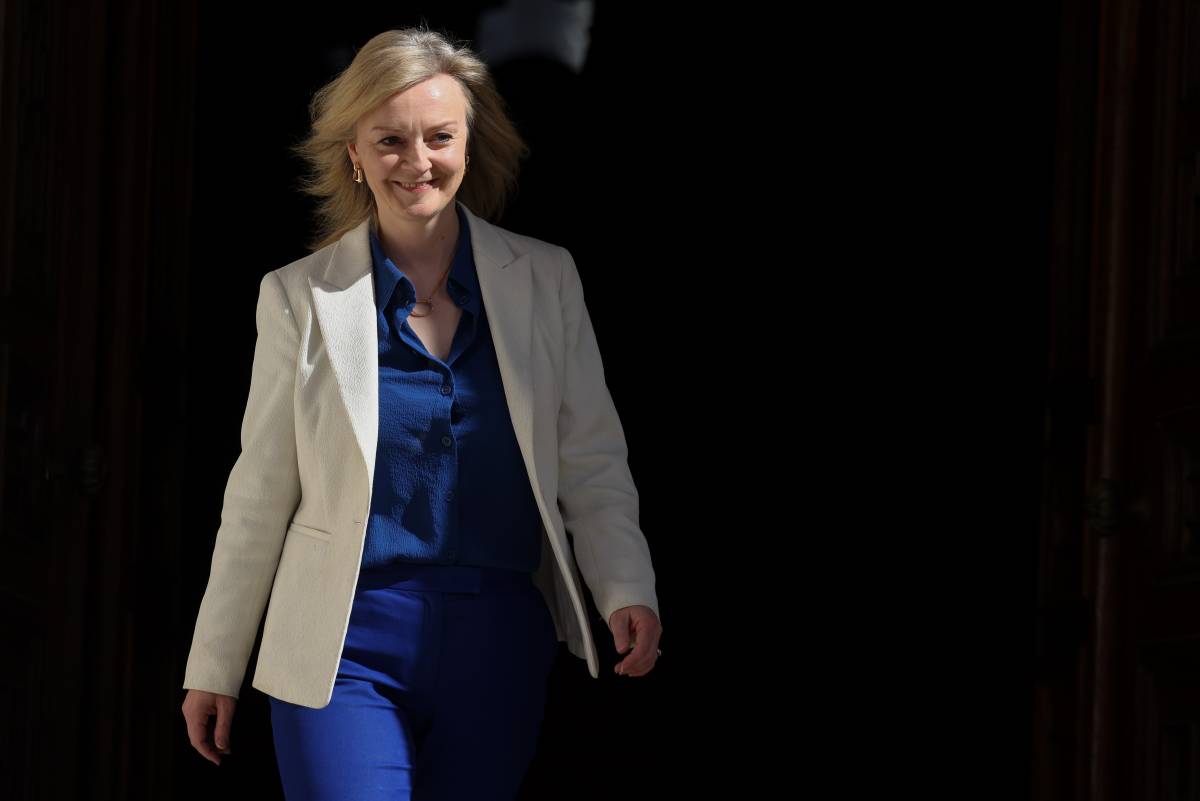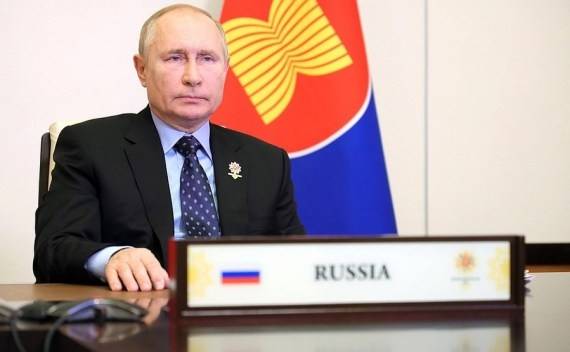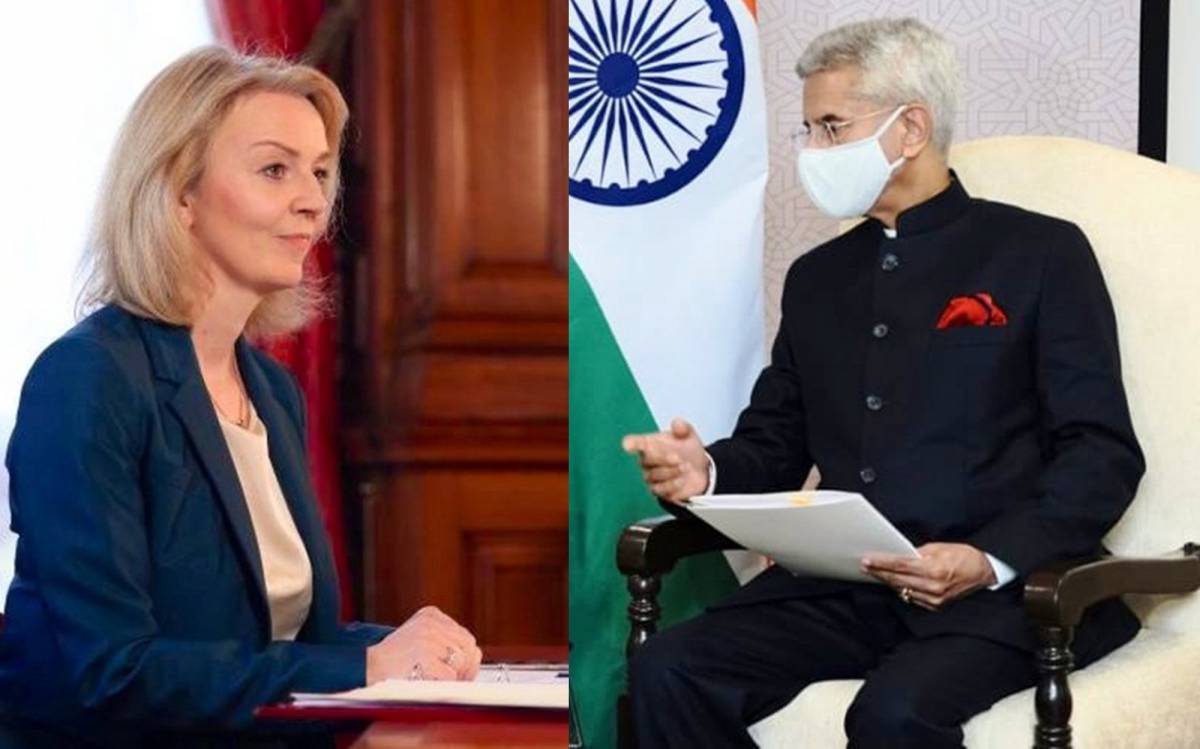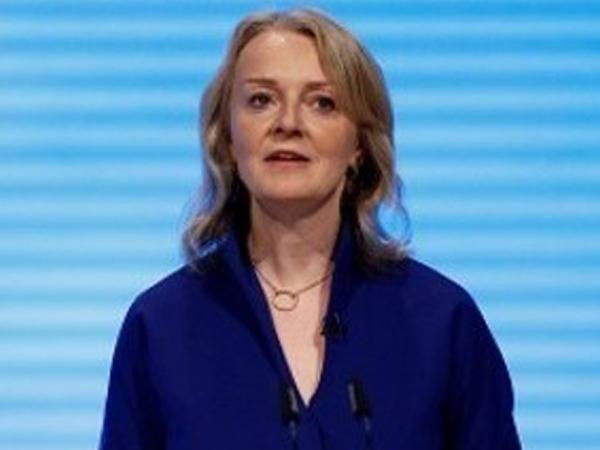“Ukraine already has these items, or variants thereof, in its inventory and will have no difficulty absorbing this equipment into its armed forces.”…reports Asian Lite News
As Germany reversed its policy to support Ukraine with 50 anti-aircraft tanks, the NATO under pressure to increase arms supply to Ukraine.
Foreign Secretary Liz Truss calls for more money for defence and urged NATO allies to support Ukraine with war planes.
“The West must be prepared for the long haul and double down on our support for the country,” Truss said at an event in London.
Since Russia’s invasion, Ukraine has repeatedly asked allies to supply heavy armaments such as aeroplanes and tanks. Nato has provided mostly only lighter weaponry amid fears of escalation.
“The fate of Ukraine remains in the balance” and that the West “cannot be complacent,” said Truss. “If Putin succeeds there will be untold further misery across Europe and terrible consequences across the globe. We would never feel safe again. Heavy weapons, tanks, aeroplanes – digging deep into our inventories, ramping up production. We need to do all of this.”
Meanwhile, the US Department of State said in a statement that it has determined an “emergency” exists in Ukraine that becomes a “national security” concern of the United States, therefore the department bypassed Congress to approve the sale of ammunition to Kiev.
The decision to sell nearly $165 million worth of “non-standard” Soviet-era ammunition was made after US Secretary of State Antony Blinken “has determined and provided detailed justification that an emergency exists that requires the immediate sale to Ukraine” of ammunition, including grenade launchers, mortars and D-20 cannons, the statement said on Tuesday.
The sale, according to the statement, is “in the national security interests of the United States, thereby waiving the Congressional review requirements” under federal law, Xinhua news agency reported.
“The proposed sale will improve Ukraine’s capability to meet current and future threats by maintaining the operational readiness of its forces,” the statement added.
“Ukraine already has these items, or variants thereof, in its inventory and will have no difficulty absorbing this equipment into its armed forces.”
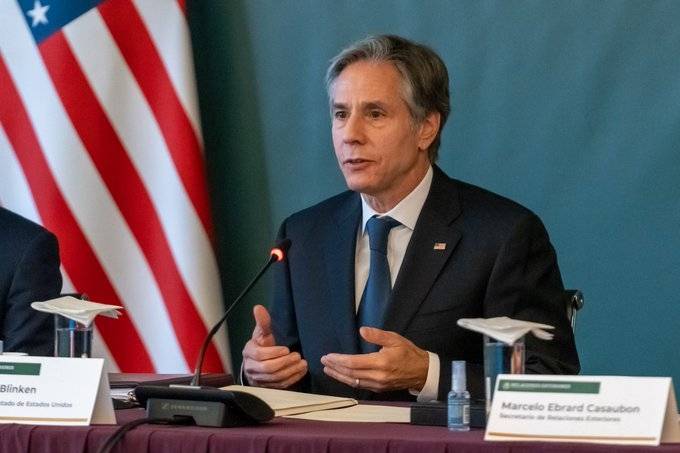
The announcement came just after Blinken and US Secretary of Defence, Lloyd Austin visited Kiev and held talks with Ukrainian President Volodymyr Zelensky, whom Blinken notified of the arms sale.
In another development, Russian energy giant Gazprom says it has halted gas exports to Poland and Bulgaria over the countries’ refusal to pay for supplies in roubles. The firm said services will not be restored until payments are made in the Russian currency, BBC reported.
It comes after Russian President Vladimir Putin ordered “unfriendly” countries to pay for gas in roubles. Poland confirmed supplies had stopped, but Bulgaria said it was still unclear whether supplies had been halted.
Poland’s deputy foreign minister said the country could cope without Gazprom’s gas and had “taken some decisions many years ago to prepare for such a situation”.
Marcin Przdacz told the BBC there were “options to get the gas from other partners,” including the US and gulf nations.
“I’m pretty sure that we will manage to handle this,” he told the BBC.
Polish state gas company PGNiG, which bought 53% of its gas imports from Gazprom in the first quarter of this year, described the suspension as a breach of contract, adding that the company would take steps to reinstate the gas supply.
Meanwhile in Sofia, energy minister Alexander Nikolov said Bulgaria had paid for Russian gas deliveries for April and claimed supplier Gazprom will be in breach of its current contract if it halts the flow.
“Because all trade and legal obligations are being observed, it is clear that at the moment [Russian] natural gas is being used more as a political and economic weapon in the current war,” Mr Nikolov said.
Bulgaria, which relies on Gazprom for more than 90% of its gas supply, said it had taken steps to find alternative sources but no restrictions on gas consumption were currently required.
The executive director of Bulgarian gas network operator Bulgartransgaz said supplies to Bulgaria were still currently flowing.
Bulgaria also transports Russian gas via an extension of the Turk Stream pipeline to neighbouring Serbia and from there to Hungary. Hungary and Austria also said gas supplies were normal.

